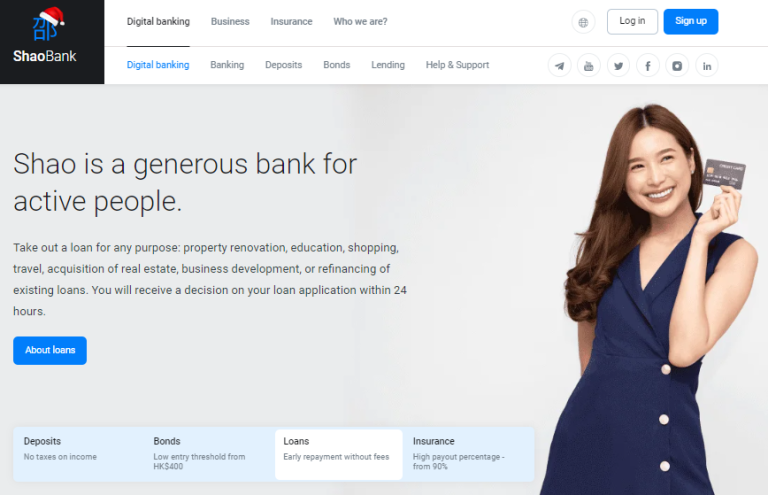‘Discover it’ Student Cash Back Credit Card: Credit Score Requirements and Strategies for Approval
Introduction
When it comes to student credit cards, the Discover it® Student Cash Back credit card stands out with its enticing rewards program. This comprehensive guide aims to delve into the credit score requirements associated with this card, providing valuable insights for prospective applicants. Discovering the optimal credit score for approval is crucial, and we’ll unravel the intricacies involved.
Exploring the Rewards Program
The allure of the Discover it Student Cash Back card lies in its robust rewards program. Cardholders enjoy a 5 percent cash back on specific rotating categories each quarter, encompassing vital expenditures like grocery stores, restaurants, and gas stations (up to $1,500 per quarter, then 1 percent). Moreover, the card sweetens the deal by matching, dollar for dollar, all cash back earned in the first year, presenting an unparalleled opportunity for users to maximize their rewards.
Deciphering Credit Score Requirements
While the credit card market is often shrouded in ambiguity regarding minimum credit score requirements, Discover takes a unique approach. Unlike many competitors, Discover doesn’t explicitly disclose the minimum credit score necessary for approval. Instead, the issuer considers various factors, including income, when evaluating applications. For individuals aged 21 and above, the inclusion of another person’s income on the application is permissible. If under 21, leveraging another person’s income deposited into your account becomes a viable option.
Targeting a Favorable FICO Credit Score
To enhance the chances of approval, aspiring Discover it Student Cash Back cardholders should aim for a FICO credit score categorized as at least fair. FICO credit scores, ranging from 300 to 850, place fair credit at a minimum score of 580. This benchmark ensures a solid foundation for successful application processing.
Additional Application Requirements
In addition to the credit score considerations, prospective applicants need to meet specific criteria. Eligibility requires enrollment in a two- or four-year college or university, attaining a minimum age of 18, possessing a U.S. address, and holding a valid Social Security number. Complying with these prerequisites is imperative for a seamless application process.
Addressing Application Denials
In the unfortunate event of application denial, understanding the reasons behind it becomes pivotal. The Equal Credit Opportunity Act mandates credit card providers to articulate denial reasons, facilitating transparency for applicants. Common factors contributing to denials include a low credit score, insufficient monthly income, limited credit history, missed payments, or elevated debt levels.
Utilizing Credit Reports for Insights
To gain deeper insights into application denials, applicants can refer to credit reports. Discover typically provides a letter explaining the denial, but delving into credit-related information within annual credit reports from Experian, Equifax, and TransUnion via AnnualCreditReport.com offers a comprehensive understanding. Armed with this knowledge, applicants can pinpoint areas requiring improvement for future applications.
Strategies for Credit Score Improvement
For individuals grappling with a low credit score or a lack of credit history, implementing strategic measures is paramount.
Timely Payments as a Foundation
The cornerstone of credit score improvement lies in consistently making on-time payments. Payments for significant obligations such as student loans, auto loans, or credit cards are reported monthly to credit bureaus. By ensuring prompt and complete payments, individuals steadily fortify their credit scores.
Authorized User Arrangements
Aspiring cardholders with access to a parent or guardian’s credit card may explore becoming an authorized user. This arrangement entails being listed on the primary user’s account, with the benefit of payments made by the primary user being reported to credit bureaus in the authorized user’s name. This collaborative approach contributes positively to building credit over time.
Secured Credit Card Consideration
For those unable to secure approval for the Discover it Student Cash Back card or similar options due to a low credit score, exploring a secured credit card is a prudent alternative. A secured card operates similarly to a traditional credit card but requires a deposit with the issuing bank, limiting the bank’s risk. Even with a low or nonexistent credit score, individuals can qualify for a secured card, setting the stage for credit score improvement.
Conclusion
In summary, the Discover it Student Cash Back credit card offers a compelling avenue for college students to earn rewards while building their credit history. Navigating the credit score requirements, understanding application denials, and implementing strategic measures for credit score enhancement are integral aspects of successfully obtaining and maximizing the benefits of this card. As you embark on your credit journey, remember that informed decisions and proactive steps will pave the way for financial success.
Editorial Disclaimer: The content provided is an unbiased, objective assessment based on our writers’ expertise and is not influenced by advertising dollars. Compensation may be received when clicking on partner product links.
Contributors:
- Dan Rafter: Personal finance expert with over 15 years of experience in notable publications.
- Erin Bendig: Merging personal experience with research, passionate about sharing credit card information and personal finance advice.





